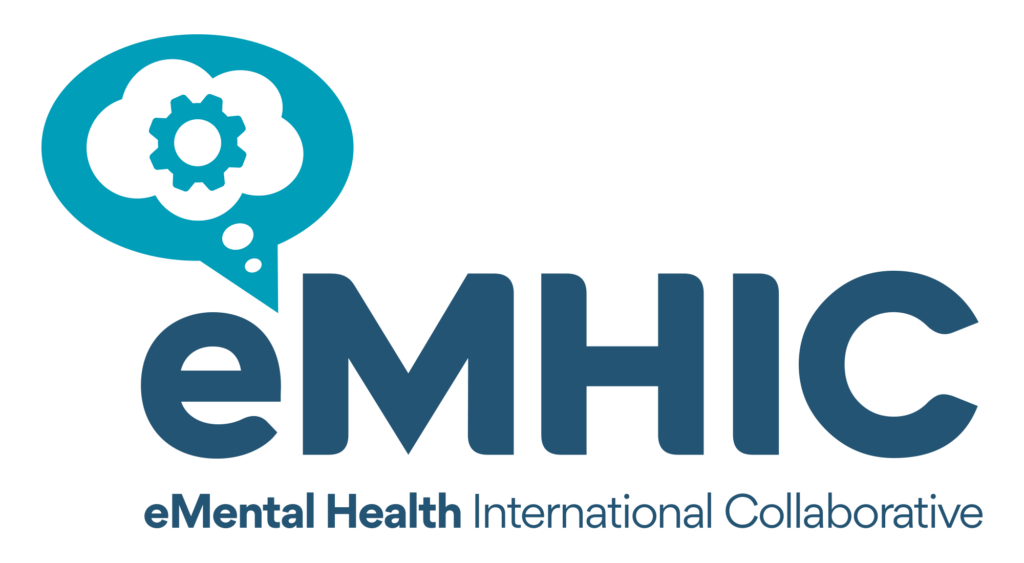Key Messages:
Background
- “The therapeutic alliance is crucial for the success of face-to-face therapies. Little is known about how coaching functions and fosters the therapeutic alliance in asynchronous treatment modalities such as smartphone apps.”
The study
- “We conducted a selected review to gather preliminary data about the role of coaching in mobile technology use for mental health care.”
- “Coaching offers a solution to engagement challenges with digital mental health, but its interpretation and implementation remain heterogeneous.”
- “A lack of consensus around coaching protocols and outcomes precludes discussion of whether coaching may be a covariate, confounder, moderator, or mediator for clinical improvement with apps.”
Results
- “The high degree of heterogeneity reflected in our results suggests the versatility of coaching and its ability to easily adapt to unique circumstances. Coaching was feasible across all platforms ranging from text messages to social media and for both on-demand and scheduled interactions. Coaches were also able to support completely remote studies… as well as offer face-to-face services in meeting with participants in other studies.”
- “These results suggest that clinical vs nonclinical staff can serve in coaching roles, and scheduled vs on-demand support can also both be feasible. Crowdsourcing peer support via social networks or small internal networks also appears feasible.”
Conclusion
- “Coaching for mental health apps will continue to expand in scope, necessitating an understanding of its therapeutic potential and implementation into care settings. While current efforts around the role remain diverse, they suggest a flexibility necessary to support the evolving digital mental health space and to work across diverse populations and technologies.”
Click here to read the full article.




